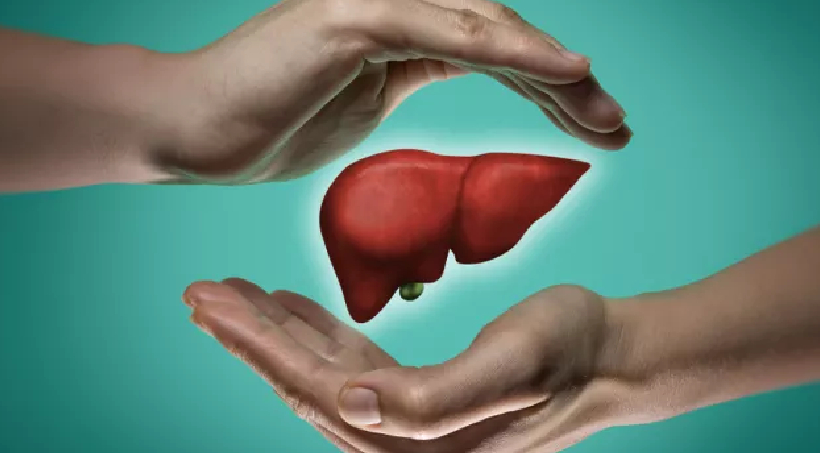- AK Superspeciality Clinic, Unit-208, Kul Scapes, Opposite to Reliance Mart, Tukaram Nagar, Kharadi
- +91 90960 45072

Definition: Liver disease management involves the diagnosis, treatment, and monitoring of various liver conditions, including hepatitis, fatty liver disease, cirrhosis, and liver cancer. The goal is to prevent liver damage, manage symptoms, and improve liver function.
Causes: Liver diseases can result from:
- Chronic Alcohol Use: Leading to alcoholic liver disease and cirrhosis.
- Viral Hepatitis: Hepatitis B, C, and D viruses.
- Non-Alcoholic Fatty Liver Disease (NAFLD): Associated with obesity, diabetes, and metabolic syndrome.
- Autoimmune Diseases: Such as autoimmune hepatitis.
- Genetic Disorders: Hemochromatosis, Wilson’s disease.
- Drug-Induced Liver Injury: From medications or toxins.
Symptoms: Symptoms of liver disease vary but may include:
- Fatigue and weakness.
- Jaundice (yellowing of the skin and eyes).
- Abdominal pain and swelling.
- Dark urine and pale stool.
- Nausea and vomiting.
- Itching.
- Easy bruising or bleeding.
Diagnosing:
- Physical Examination: Assessing signs of liver disease such as jaundice and liver enlargement.
- Blood Tests: Liver function tests (LFTs), viral hepatitis markers, and autoantibodies.
- Imaging Tests: Ultrasound, CT scan, and MRI to visualize the liver.
- Liver Biopsy: To assess the extent of liver damage.
- FibroScan: A non-invasive test to measure liver stiffness, indicating fibrosis or cirrhosis.
Treatment Options:
- Lifestyle Modifications: Weight loss, alcohol cessation, and a balanced diet.
- Medications: Antivirals for hepatitis, medications to reduce fat in the liver, and drugs to manage symptoms like itching or ascites.
- Monitoring and Surveillance: Regular blood tests and imaging to monitor liver function and screen for liver cancer.
- Liver Transplant: For end-stage liver disease or liver cancer.
Prevention Tips:
- Vaccination: For hepatitis A and B.
- Avoiding Alcohol: Especially if liver disease is present.
- Healthy Diet and Exercise: To prevent NAFLD and manage weight.
- Safe Medication Use: Avoiding drugs that can cause liver damage and using medications as prescribed.
- Regular Check-Ups: Especially for those with known risk factors for liver disease.
Conclusion: Effective management of liver disease requires a multidisciplinary approach, including lifestyle changes, medications, and regular monitoring. Early diagnosis and intervention can prevent progression to more severe liver damage, improving long-term outcomes for patients.

